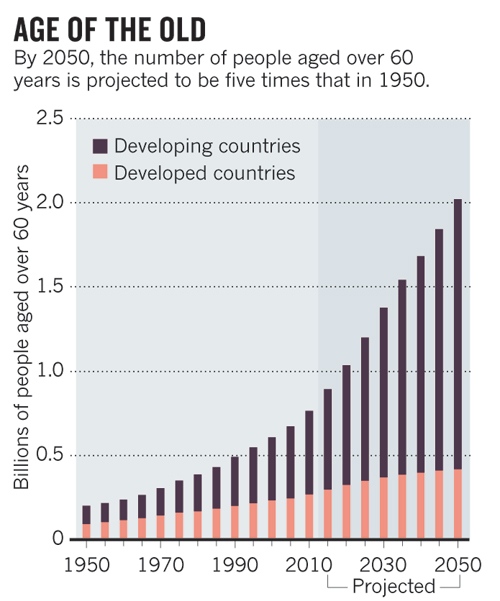FUNDING for research on neuro or brain disorders in the country is still lacking, a neuroscientist said. Universiti Putra Malaysia’s senior lecturer and GRMRC‘s neuroscientist Dr Michael Ling King Hwa said the focus, however, was more on cancer research. He said the government has not been very generous when it came to funding for research in this field.
Dr Ling, however, said cancer research has always been the priority even in other parts of the world, despite studies on neuro disorders that were equally as important. “But the authorities and policy makers must be made aware that maybe in 25 years to come most countries would be heading to an aging scenario, where brain disorders is going to be a larger problem as compared to cancer. “In fact, government expenses on healthcare as well as treatment for brain disorders is much higher if compared to cancer, but unfortunately cancer is still being treated as priority. “We are not downgrading cancer, but what we are trying to say is that brain disorders should be put as important as the rest of the diseases, especially cancer,” he said during the 26th annual scientific meeting of Malaysian Society of Neurosciences held at a hotel in Ipoh on June 6. Neurosciences related diseases include stroke, epilepsy, and neuro-degenerative illnesses like Alzheimer’s, Parkinson’s and Dementia.
The society’s president Associate Professor Dr Lim Kheng Seang said the society was growing as a big family. He hoped the society that has been in existence for the past 26 years to serve issues ranging from neurosciences research, improving care in hospitals to disseminating and increasing awareness among the public would widen its network. Dr Lim, who is also University Malaya’s consultant neurologist, said with Malaysia joining the International Neuroinformatics Coordinating Facility (INCF), he hoped the society and INCF could form a platform to build better and stronger collaborations. He, however, said the government needed to do much more when it came to funding and research in the field. “Usually in developing countries emphasis is on infectious diseases, followed by oncology which deals with the various types of cancers, child healthcare, and only then aging. “In Malaysia, cardiology related diseases preside although neuro disorders prevalence is getting higher. “In a brief estimate, neuro-disorders at least encompasses 10% of the medical illness,” he added. Dr Lim said for example, stroke patients mainly occupy hospital beds under the neurology units. He said a majority of the patients would need to come back for check-ups, and some may need long-term clinical care, and the burden can be heavy for the hospitals concerned. “This is not something new as it has long been there, but what is lacking is the awareness and funding as far as research is concerned on the specific field,” he added.
This article was originally published at www.thestar.com.my

